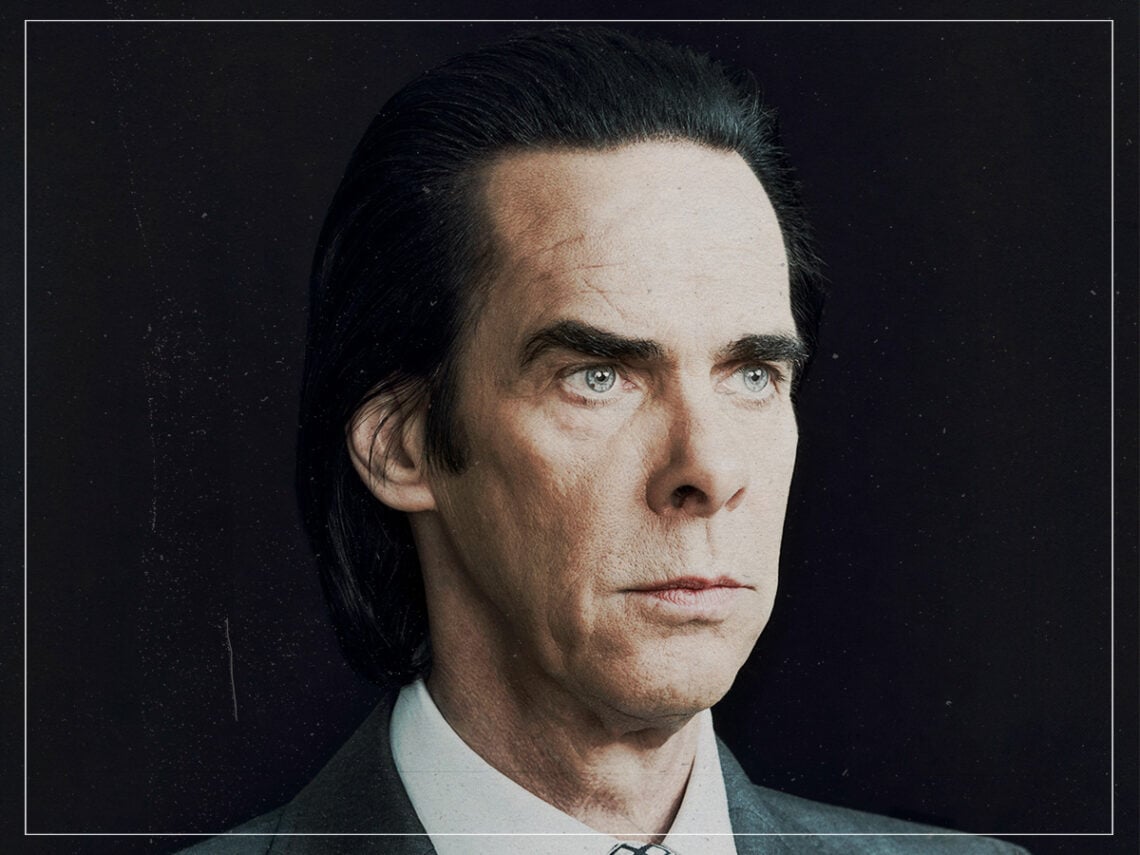
(Credit: Far Out / Ian Allen)
Nick Cave and the Bad Seeds have managed to achieve an incredible triumph, releasing 18 albums in a decades-long career.magnitude and reinventing themselves as a seemingly tireless musical force. Guided by Cave’s creative mind, the artist is a far cry from the wild punk he started out as when he took his band on a long road trip. But in their latest release, Cave revises all those old eras, as if to mark how far he’s come, using references to his past as the best metaphor for evolution.
“I could feel him trying to go back to that raw approach,” said Bad Seeds guitarist George Vjestica Way out. Everyone in the band seemed to notice a change in Cave when it came to their new album, Wild God. While their last few releases have been mournful albums that were distinctly personal, as if they were produced in an outpouring of pain following the death of his son Arthur Cave, this new one feels like an active return to solid ground.
It was a solid foundation for a great song and the work that a great song requires. “He’s a great lyricist,” Vjestica said of his leader, “and he was bringing that element back to be less abstract.” On Wild GodCave seemed interested in returning to his craft. There are no longer long, atmospheric pieces that stretch beyond the ten-minute mark without a chorus. Instead, Cave reverted to his original process of getting up, getting dressed, and going to his office to work on songs all day. In his Red Hand Files, wrote: “The most important task of my day is simply to sit down at my desk and pick up a pen. Without this elementary act, I could not call myself a songwriter.”
“The beets are ready, I’m sitting at attention,” he added. Cave waits for inspiration and is ready when it happens, and for this album it felt like he struck out on his own. In several forms, a cast of younger Caves appears to have appeared before him, to be written or revisited in a new work.
However, the reinterpretation of his old work in these new songs seems to serve the same message. Throughout, you can feel a more mature, healthy and balanced Cave looking back on his wild punk days and writing a new perspective.
In ‘Wild God’ he references 2013’s ‘Jubilee Street’ where he sings: “He goes look for the girl down on Jubilee Street / But she’d died in a bedsit in 1993.” In many ways, ‘Jubilee Street’ was Cave’s last killer ballad. As the original track tells the story of a sex worker in the middle of a dangerous mafia situation, with the implication that the narrator ends up dying, it was the last brutal track before a drastic change in his discography. The track reference in ‘Wild God’ seems like a reference to this. As the new album’s menacing religious figure wanders through the dark setting of the old song, the revelation of the dead girl from the original feels like a comment that Cave has left it all behind. Or even perhaps a commentary on how darkness only leads to greater darkness and that the character’s death was inevitable amidst the dark world in which Cave lived.
But now, Wild God he seems to be looking for the light. That message comes through loud and clear on what may be the most beautiful and poignant reference to his old work on record. On ‘Joy’, Cave introduces the record’s message when he sings, “We’ve all had too much sadness, now’s the time to be happy.” Throughout the album, Cave described joy as a state to strive for and a feeling to truly embrace. It’s a feeling he wants and wants to protect.
But in 1996, Cave was killing joy. In ‘Song Of Joy’, she writes about a character of that name and recounts a bloody affair, singing: “Joy was tied up with electrical tape / She had a gag in her mouth / She was stabbed multiple times / And stuffed into a sleeping bag.”
In his days Ballads of murderCave’s narratives left no room for happy feelings. Instead, the mere hint of them was something that could be mocked and turned around, something that added a touch of irony as he delved into the dark underbelly of violent human nature.
So, since we are returning to the topic of joy Wild Godwhen he saw Cave on his knees begging “have mercy on me,” before rising, he turned toward the light of goodness and “leaped for joy”; this is a commentary on where he is now. Like, how Wild God unable to revisit the grim scene of Jubilee Street, Cave seems unable to return to the grit and blood of his old self. Instead, he collects these references to his past on the new record, as if to say goodbye to them. He’s thankful for the inspiration they once served, but says he’s now ready to revel in painting his album with decidedly brighter hues.
Related topics
#Ways #Nick #Cave #referenced #Wild #God